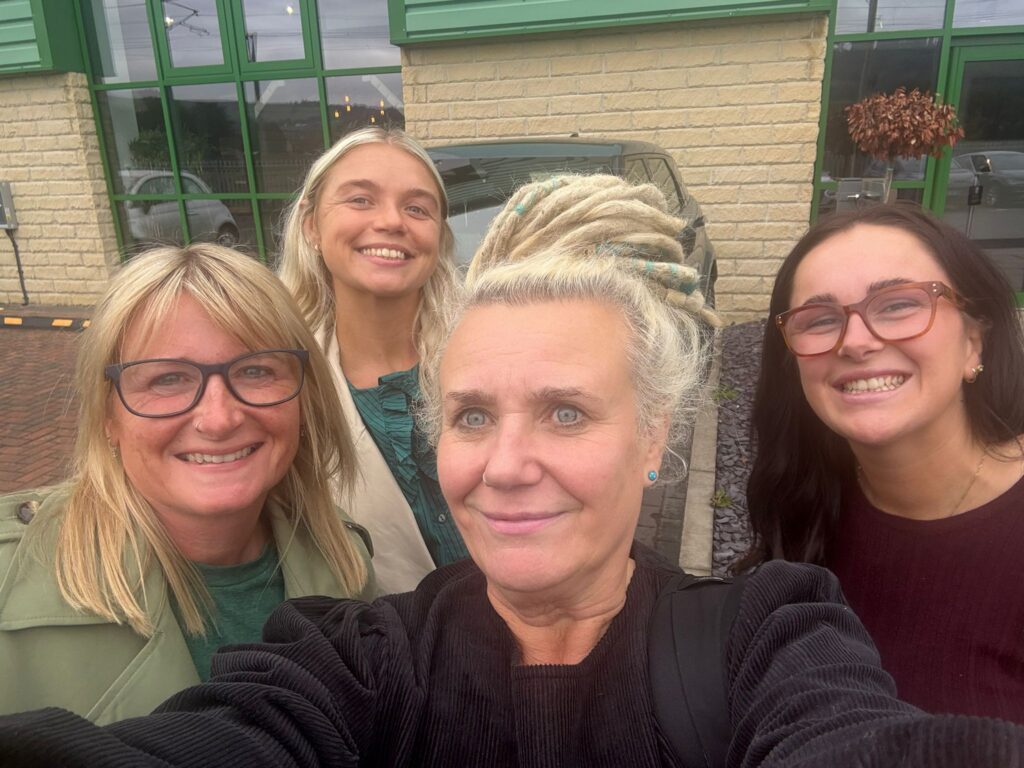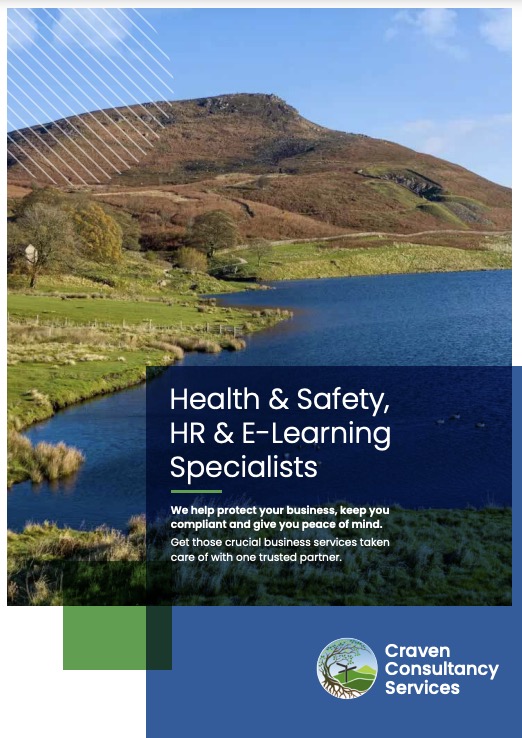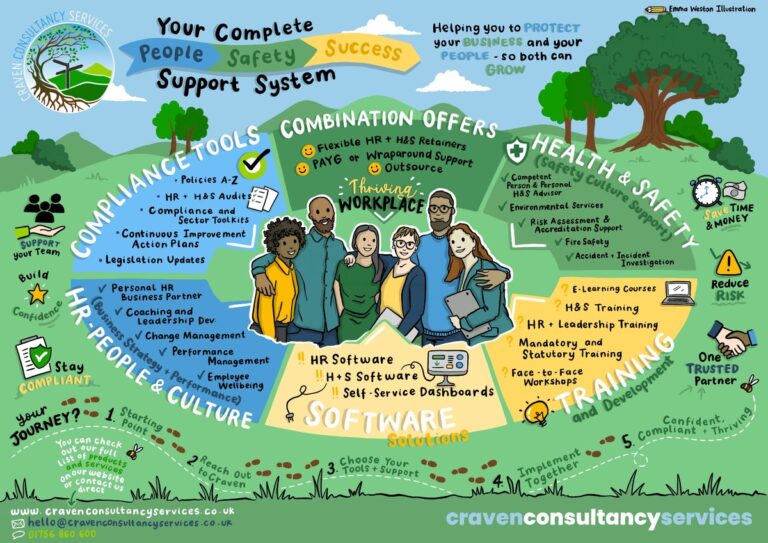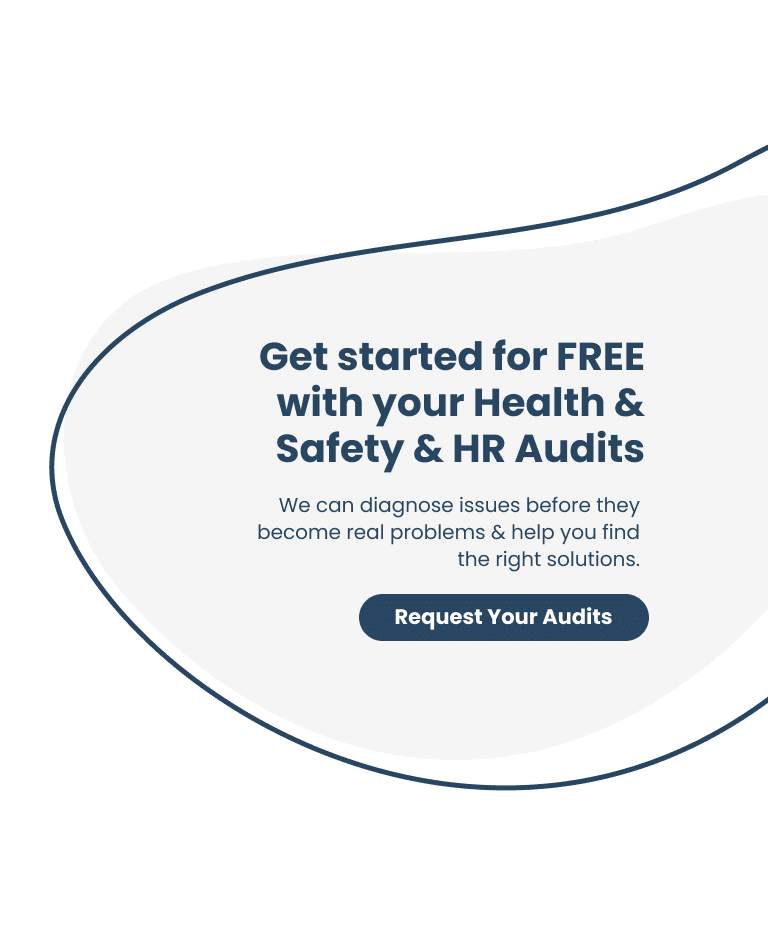Picture this: your project lead calls in sick for a week. The team rallies, deadlines shift, and stress levels rise. It is not just about the days lost. It is about the ripple effect on people, projects, and business outcomes.
That is the real story behind today’s absence figures. The Office for National Statistics (ONS data) reported that sickness absence dipped slightly in 2024 to 2.0 per cent (4.4 days per employee). But new CIPD research shows a sharper reality: UK employees were off sick for an average of 9.4 days in the past 12 months, almost two full working weeks. That is the highest level in over a decade, and well above the pre-pandemic average of 5.8 days.
“It’s really important for individuals, organisations and society that employers take a proactive approach to support people managing health conditions while working. The longer someone is off, the more they might struggle to return. Long or repeated periods of sickness absence can make it difficult for organisations to plan their work, and unplanned absences can also place additional strain on colleagues.
“As people are working and living longer, employers need to create workplaces that are supportive and help staff manage their health. Changes, like flexible hours and adjustments to workload, can often make a big difference to help prevent ill health from worsening and absence.
“Employers should also focus support on the areas where it’s needed most by addressing the main health risks to people. Since mental ill health is a leading cause of absence, taking targeted action to help employees deal with both work-related stress and personal challenges is crucial.”
To reduce sickness absence, the report urges employers to take a proactive approach to managing health risks at work, ensure that jobs don’t contribute to poor health, and provide effective support for employees with long-term conditions.
The Story Behind the Numbers
Absence is being driven by both short-term and long-term health issues.
Short-term absence (up to four weeks):
• Minor illnesses such as colds and flu (78 per cent of employers)
• Mental ill health including stress, depression and anxiety (29 per cent)
• Stress and caring responsibilities (26 per cent each)
Long-term absence (four weeks or more):
• Mental ill health such as depression or anxiety (41 per cent)
• Musculoskeletal injuries such as back pain (31 per cent)
• Other long-term health conditions such as cancer (30 per cent)
With 8.7 million people now living with a work-limiting condition, absence is no longer just about colds or flu. Many organisations are dealing with complex, ongoing health challenges that affect both individuals and teams.
Why It Matters
Absence is not just about statistics. Every number represents someone struggling with illness or a health condition, while colleagues and managers carry the extra weight.
For businesses, unmanaged absence can lead to:
• Rising costs from cover, overtime and lost productivity
• Managers and HR teams stretched away from strategic priorities
• Colleagues at risk of burnout when gaps are not filled
• Legal and compliance risks if records or processes fall short
But absence management is not only about risk. Done well, it is an opportunity to protect productivity, build trust, and strengthen workplace culture.
How Craven Can Help
We work with organisations to move from reactive to proactive absence management. That means tackling the root causes of absence, protecting your business, and supporting your people at the same time.
Clear, Fair Policies
We help you put robust, human absence policies in place that set expectations, support staff fairly, and give managers confidence to act consistently and lawfully.
Flexible Working Initiatives
Flexible working can often prevent health problems from worsening and reduce the risk of absence. We help employers design flexible arrangements that balance business needs with employee wellbeing, including hybrid working, phased returns, adaptable hours and job redesign. These initiatives improve retention, reduce stress and make it easier for employees with long-term conditions to remain productive.
Compassionate Return to Work
A structured, supportive return-to-work process reduces repeat absence, speeds up recovery, and builds trust. It also gives managers the tools to have consistent, compliant conversations.
Tackling Root Causes Early
Back pain, stress and fatigue are among the biggest drivers of absence. Our Team carry out ergonomic assessments, stress risk reviews, wellbeing checks and health-related risk assessments so issues are addressed before they escalate into costly long-term absences.
Our HR software makes absence logging and reporting simple, giving leaders real-time insights into patterns. This allows you to step in early with the right support and keep productivity on track.
Mental Health and Wellbeing Support
CIPD research shows that training managers in mental health makes a real difference. Where managers are trained, 63 per cent of employers say they feel confident spotting early signs, compared with just 45 per cent without training. We provide practical manager training, Mental Health First Aid programmes and wellbeing toolkits that build confidence and create a culture of trust.
Embracing Neurodiversity and Inclusivity
Sometimes absence highlights where workplaces are not set up to support everyone equally. We help organisations make adjustments, adopt inclusive tools and embrace neurodiversity, which reduces repeated absence and helps retain talent.
The Takeaway
Absence is a part of working life. But with average sickness levels rising to their highest in over a decade, employers cannot afford to take a purely reactive approach.
The organisations that succeed are those that treat absence as both a business issue and a people issue. With fair processes, early intervention, flexible working and wellbeing support, employers can reduce absence, improve performance, and strengthen culture.
At Craven, we bring together HR expertise, Health and Safety insight, and wellbeing strategies to help you manage absence in a way that protects your people and safeguards your business.
If you would like to take a proactive approach to absence in your workplace, get in touch and let us talk about how we can help.
Workplace Wellbeing ‘Stress Risk Assessment’ Strategy & Toolkit – Craven Consultancy Services













